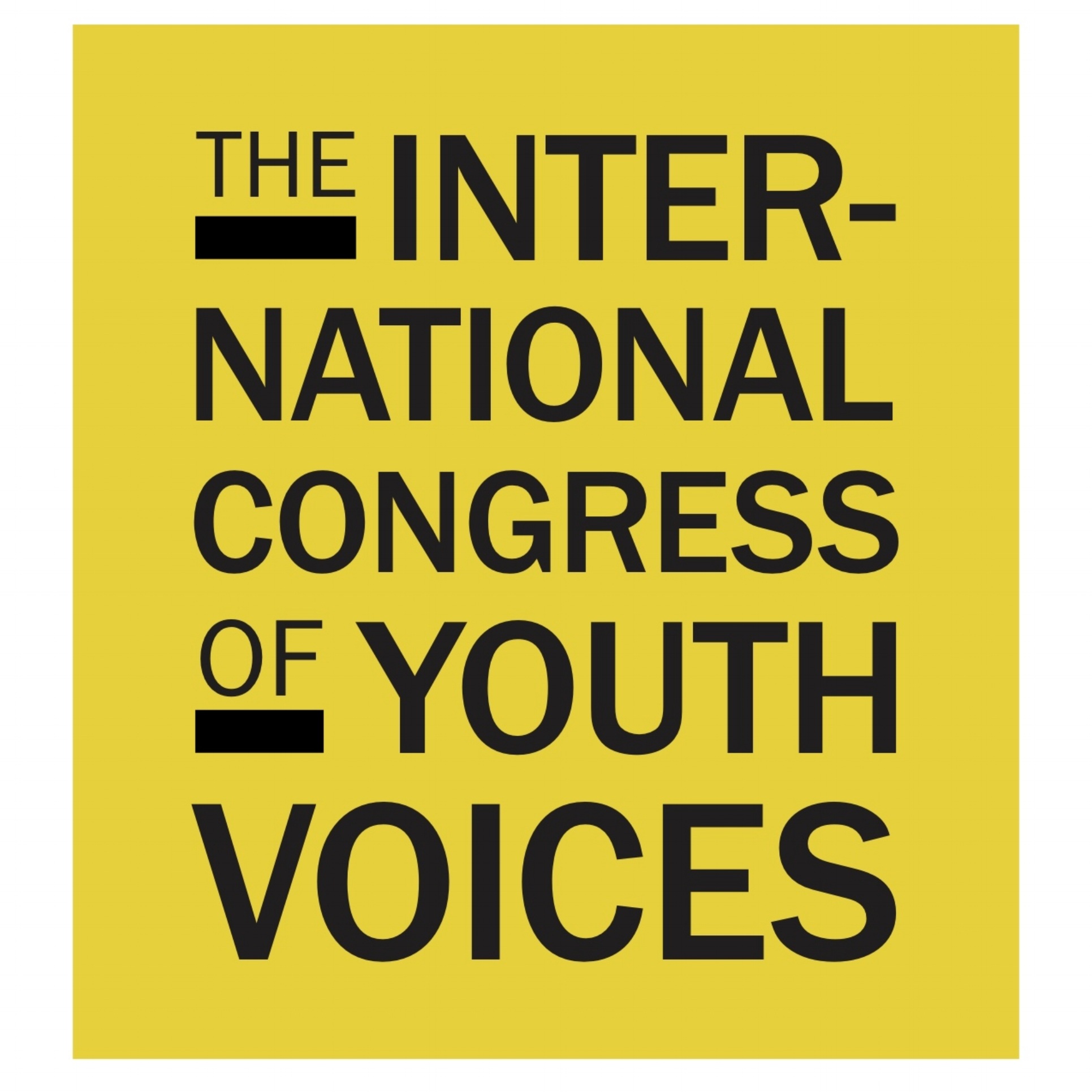HUSSEIN MAOW, 18
Hussein Maow, from South Portland, Maine, believes the actions of his generation have a great impact on how our future society will act. He wants to be a leader who learns compassion toward others in time of crisis. He wants to be a part of a community where friends become family, and where leaders learn to be aware of every aspect of their community. In order to become a true role model for the younger generations and learn from the mistakes of the older generations, Maow finds it crucial to prove that there is no need to make the same mistakes as in the past.
Maow’s advocacy focuses around police brutality in the United States. Sometimes when he watches the news with his family, there is a traumatic story of a black young man who was shot by the police because he did something that every other person would do. A mother of a son of color has a worry that a white mother could not ever imagine or feel. When a black teenage son or daughter goes outside, their mother has a worry in her heart that her child could be hurt because they were in a place where being a different shade was a sign of trouble. Even though Maow and his peers don’t always vocalize it, the younger generation knows that there is a widespread mentality that the lighter one is, the safer one feels, and the less you have to worry about being shot by the police.
Maow will attend college in the fall and major in pre-law. He hopes to be a part of the leaders that break barriers and celebrate differences. He believes that The International Congress of Youth Voices will bring him one step closer to achieving his life’s mission to create a peaceful, loving, and educational community.
War
by Hussein Maow
Our teeth chattered and our spines tingled with fear. A storm of bullets blazed through the sky. We screamed and screeched as the buildings collapsed. A few minutes passed. I was suddenly pulled from behind. I screamed with fear. Lying on the ground and staring directly at a puddle of water, I saw a reflection. A woman with a dark brown hijab and a long, silky black abaya carried me from the waist and put me on her hip. The threat of death went through my body like lighting as she ran in the middle of the battlefield. She ran to a rusted blue door to escape the terror in our front yard.
I opened my eyes to see kind, undeserving people— our neighbors— dropping to the ground with bullets right into their backs. The force of the fire pushed them into the soft, hot sand that nurtured the ground. Like a fountain, crimson liquid splashed everywhere, soaking the last bit of hope that would have grown in that pure brown soil. The ground was lubricated with guts, causing a sickly odor to rise up, destroying the smell of our motherland.
The wind pulled the qamars that women wear and released them into the sky. Blacks, whites, reds, oranges, browns, tans, purples and many other colors rose, taking the beloved souls of their owners and the last bit of hope they had with them; pulling the rest of us into the deep, dark, life-draining war.
Suddenly we felt a hit from the back and we fell to the ground like the rest of our people. What we thought was a bullet was our people rushing to get away. As the woman rose from the ground like a mythical hero, I felt the warmth of protection while the woman held me in her arms. She rushed through the blue door like Wonder Woman. There I stood, on the hot sand in my bare feet shedding tears into the soft soil turning it into a beach brown. I felt paralyzed as my family yelled my name. I tried to move my feet, but I just stood there. At last I was pulled into a corner where my family huddled together.
Hiding in the corners of our courtyard, we waited and prayed for the sun to go down so that we could have one more night of safety. We knew that we would wake to the sound of bullets breaking down the four walls we believed would protect us.

